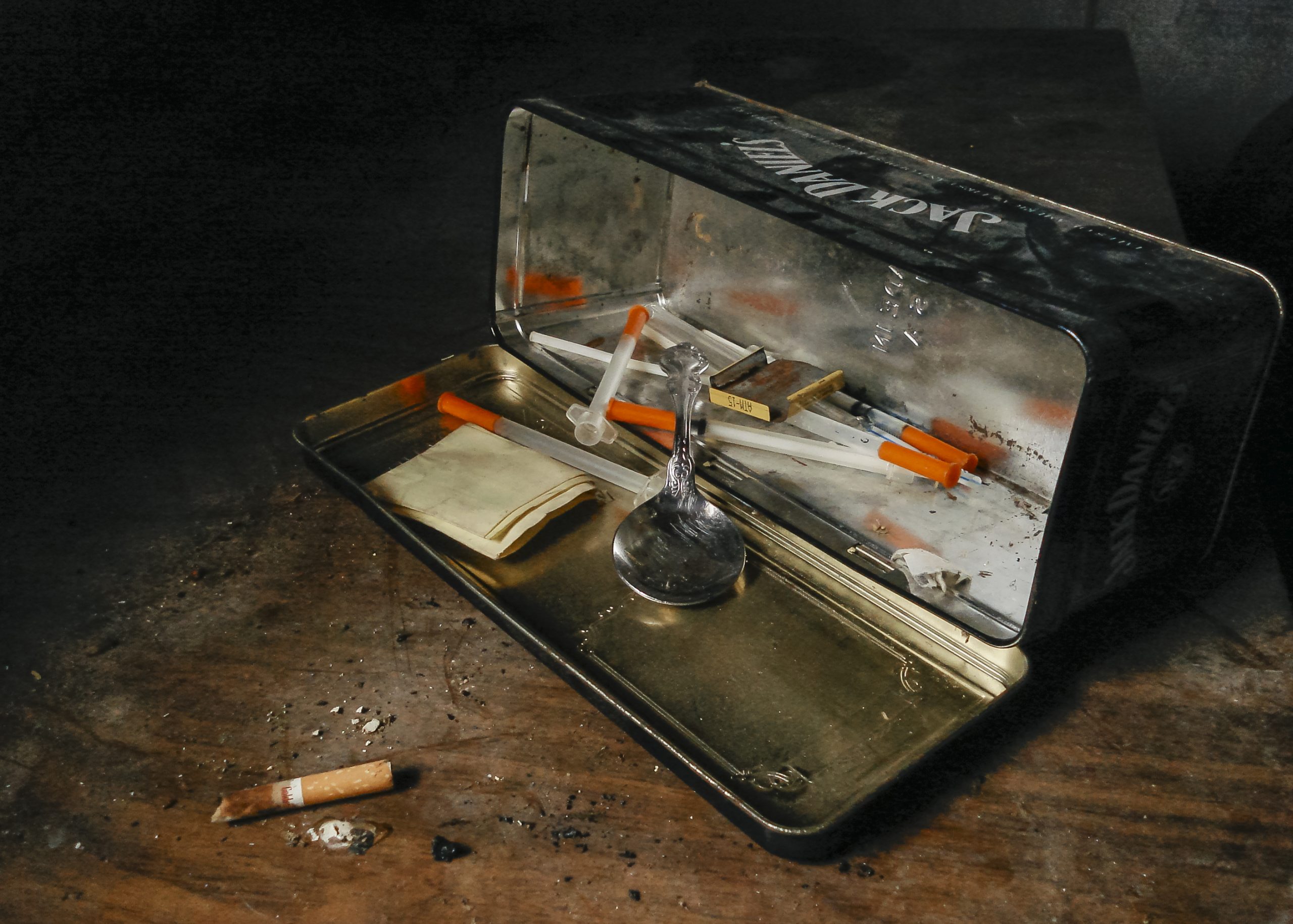
[elfsight_social_share_buttons id=”1″]
The western Canadian province of British Columbia on Tuesday began a three-year pilot program to stop prosecuting people for carrying small amounts of heroin, meth, ecstasy, or crack cocaine, as part of an effort to fight a drug overdose crisis.
Some so-called health experts argue decriminalization would encourage drug users to use them in safer spaces where they can access medical care. Others point out that decriminalizing will only encourage more use without any regulation or safety added to the still-illegal market.
B.C. accounts for about a third of the 32,000 deaths due to overdose and trafficking nationally since 2016, according to official data. The province declared drug overdose a public health emergency that year.
The problem worsened with the COVID-19 pandemic, which disrupted illicit drug supply chains as well as support services, leaving people with more toxic drugs that they used alone.
Preliminary data released Tuesday by the province showed there were 2,272 suspected illicit drug toxicity deaths in 2022, the second largest annual number ever recorded, behind 2021, which had 34 more deaths.
Prime Minister Justin Trudeau’s government said in May it would let B.C. decriminalize the drugs in a first-of-its-kind exemption in Canada. By not prosecuting people carrying small amounts of drugs, the B.C. government hopes to tackle the issue as a health problem rather than through the criminal justice system.
The province says the exemption is intended to reduce the stigma associated with substance use and to make it easier for people to approach authorities for guidance.
Robert Schwartz, a professor at the University of Toronto, said the measure was commendable as a first step, but that more needed to be done to tackle the drug problem.
“The problem that we have with these substances is that we have a huge, illicit supply that’s causing great harm,” Schwartz said. “To really deal with this, we need a comprehensive public health approach. This decriminalization, it’s a first step.”
The drugs on the exemption list, which also includes fentanyl and other opioids, remain illegal and the exemption from arrest is only for possession of up to 2.5 grams for personal use.
“For many years we have had a de facto policy not to arrest people for personal drug possession” but this change will mean fewer seizures of small amounts of drugs, a spokesperson for the Vancouver Police Department said.
Other Canadian communities are closely watching the pilot. They also face a rise in drug overdose deaths.
Copyright 2023 Thomson/Reuters
